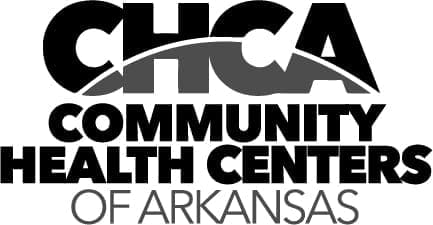 Community Health Centers of Arkansas CEO LaShannon Spencer wrote a guest column this week in Arkansas Democrat-Gazette / ArkansasOnline.com . Community Health Centers, like Healthy Connections, Inc., are doing everything we can to fight COVID-19, but we must survive and thrive after this crisis. We’re appreciative of what Congress has provided thus far, but Community Health Centers need much more help from Washington, D.C.
Community Health Centers of Arkansas CEO LaShannon Spencer wrote a guest column this week in Arkansas Democrat-Gazette / ArkansasOnline.com . Community Health Centers, like Healthy Connections, Inc., are doing everything we can to fight COVID-19, but we must survive and thrive after this crisis. We’re appreciative of what Congress has provided thus far, but Community Health Centers need much more help from Washington, D.C.
Click the link below to read the column in its entirety. Click here to learn more about Healthy Connections.
Save our clinics
Congress must aid health centers
LASHANNON SPENCER
SPECIAL TO THE DEMOCRAT-GAZETTE
When the novel coronavirus hit Arkansas, community health centers rose to the challenge, immediately shifting our business model. Unlike some private providers restricting who they see, we’re proud that we test residents for COVID-19 while taking special precautions to still meet the traditional health-care needs of our loyal patients.
“I have seen several families who were just so grateful that they were being seen. We have had families tell us that they were turned away elsewhere,” reports Dr. Rebekah Beyers, a pediatrician for Community Clinic in Springdale. “One mother told us she trusted that we would not tell her to come in unless we thought it was important and that we would help to keep them safe. Trust from our patients is one of the best things we could hope for.”
Many don’t realize the reach and value of community health centers in Arkansas. Without us, the state’s general health and the economy would suffer.
The 11 members of the Community Health Centers of Arkansas offer COVID-19 testing sites across the state at more than 60 of our clinics—from Siloam Springs to Eudora and from De Queen to Corning.
Without a dependable source from the state or federal governments for personal protective equipment (often referred to as PPE), we’ve scoured hardware stores and asked community partners to help ensure our staff and the public are adequately protected. We’ve kept our clinics open with special screenings in tents or drive-up evaluations to limit access.



